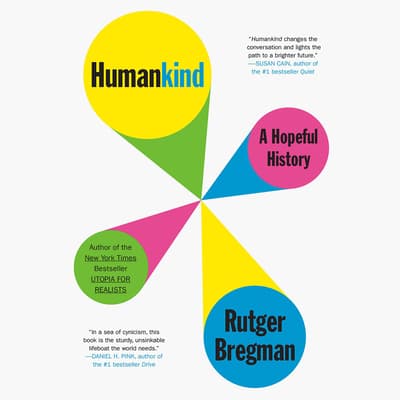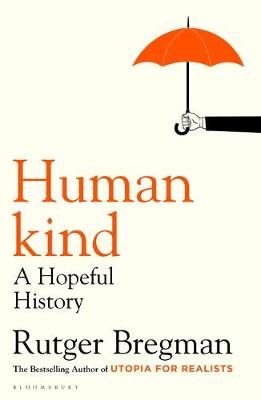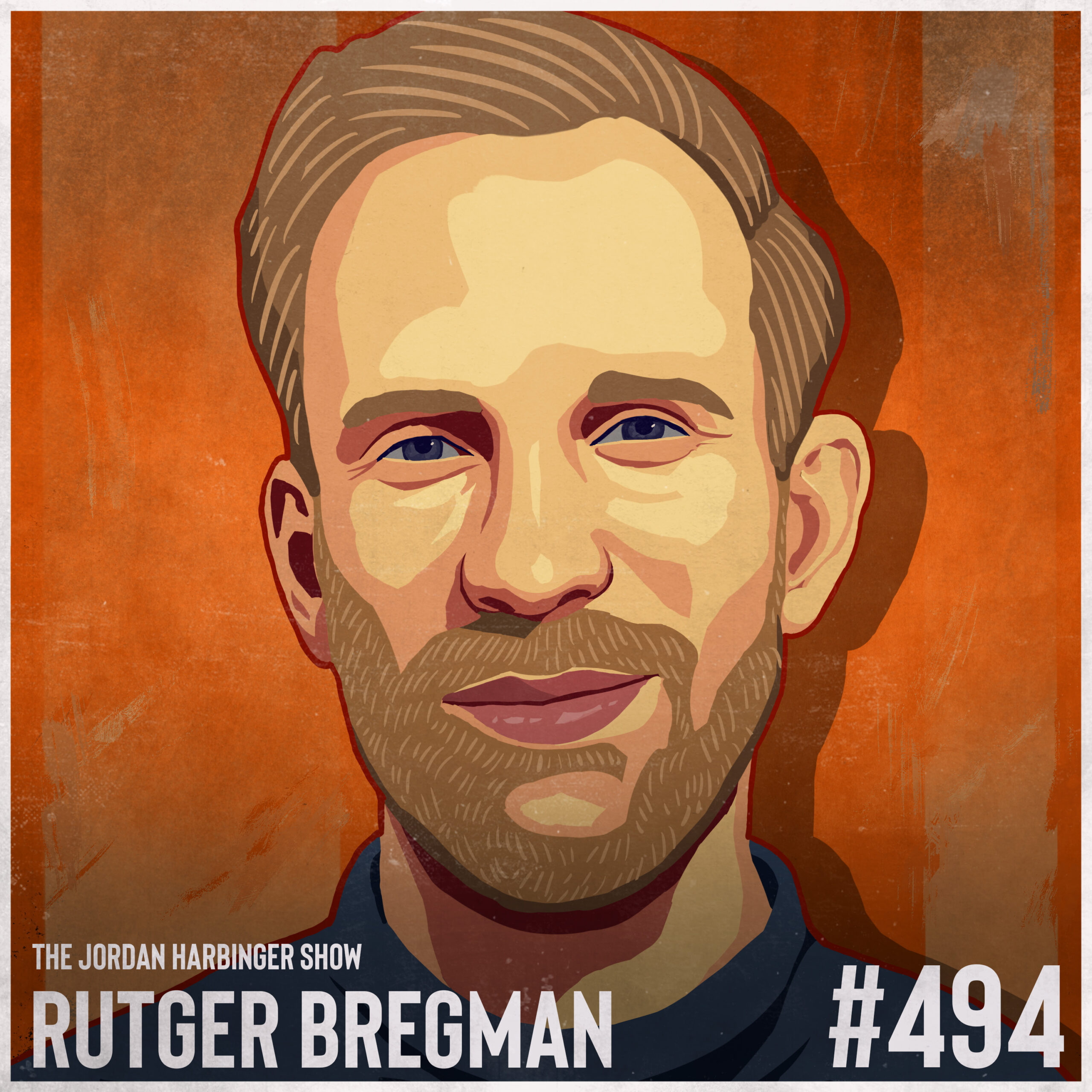
By re-evaluating common anecdotes about war, prison experiments, and democracy, Bregman pushes one, if not to accept his radical idea, at least to question the foundation of how we conceive human nature.īregman starts off by talking about one of the most prominent representations for how we perceive human nature, William Golding’s novel Lord of the Flies (1954). “This is a book about a radical idea” Bregman opens his first chapter with: “One that has long been known to make rulers nervous… That most people, deep down, are pretty decent” (p.2). Rutger Bregman has addressed this question in his book Humankind: A Hopeful History (2020).

But suppose it isn’t true? What if, rather than being inherently selfish, humans are in fact inherently kind? Highly influential books have been written by the likes of Richard Dawkins ( The Selfish Gene, 1976) or Steven Pinker ( The Better Angels of our Nature, 2011) purporting to show that humans are selfish by nature.

It is a notion that has over the years been proved by psychologists, zoologists, and biologists, who then go on to explain how our social world is constructed on this selfish basis. This is a core premise of both old and modern theories of politics, economics, and philosophy. Right now, people know that they are good.SUBSCRIBE NOW Books Humankind: A Hopeful History by Rutger Bregman Rutger Bregman gives a hopeful spin on our species. This is our moment to invite people to greatness and wave our collective sense that change is possible. The ‘new normal’ might become humdrum and people forget the extra-ordinary lengths they went to, to protect their families and each other. The sense of achievement, ability and self-belief from taking action during the pandemic may wane over time if it’s not supported and fed. A lot of the time we focus on the failures or lack of action rather than reinforcing the things people do right! As we’ve all discovered during the pandemic, a simple ‘thank you’ can go a long way. Celebrate and thank people for doing what is right.Instead, reinforce the sense of achievement and pride in making personal changes, and build off that for political ones. Too often climate experts have dismissed personal behaviour change, forgetting that voting is a personal behaviour just like recycling. Focus on proof that taking personal action really works.People know now they can do good, so give them good things to do. Start by assuming that people are good and already doing good things - reinforce our positive and moral nature rather than assuming we don’t want to do what’s right.So, how might we - climate communicators in NGOs, brands and the wider change movement -build this new sense of ‘goodness’ into real action? The need to #BuildBackBetter is gaining traction. Globally, 65% agreed that it is important that climate change is prioritised in the economic recovery after Coronavirus. In the 90 days (much spent in lockdown) running up to Earth Day, Google reported that world-wide searches for ‘how to live a sustainable lifestyle’ grew by 4550% - a whopping leap. People are already stretching these new change-for-good muscles. We’ve just discovered that we’re kinder, braver and more capable of change than we thought. We are like the timid hero in a movie, who finally tries the hard thing they’ve nervously been avoiding, and then realise they are actually more than able, and actually good at the hard thing. We're ready to stretch our do-gooder muscles perhaps even as far as solving climate change

It’s impossible to underestimate what this means for our collective sense of self. But we’ve done it because it's the right thing to do. And this might prove to be the wake-up call we needed to our own goodness.įor most, this pandemic has demanded the hardest change in how we live. We’re not particularly happy about it, but we are doing the decent thing. It’s hard, especially hard on those who have suffered a loss or unemployment. And yet, despite the news reports of those breaking the rules, the vast majority of us (over 80%) ARE doing the right thing. What is being asked of us, with no warning and little preparation, is arguably much harder than what we need to do to combat climate change – at least on a personal lifestyle level. Except that today, during this terrible pandemic which has a third of humanity in some sort of lockdown, the ‘good people’ premise is being proven.


 0 kommentar(er)
0 kommentar(er)
